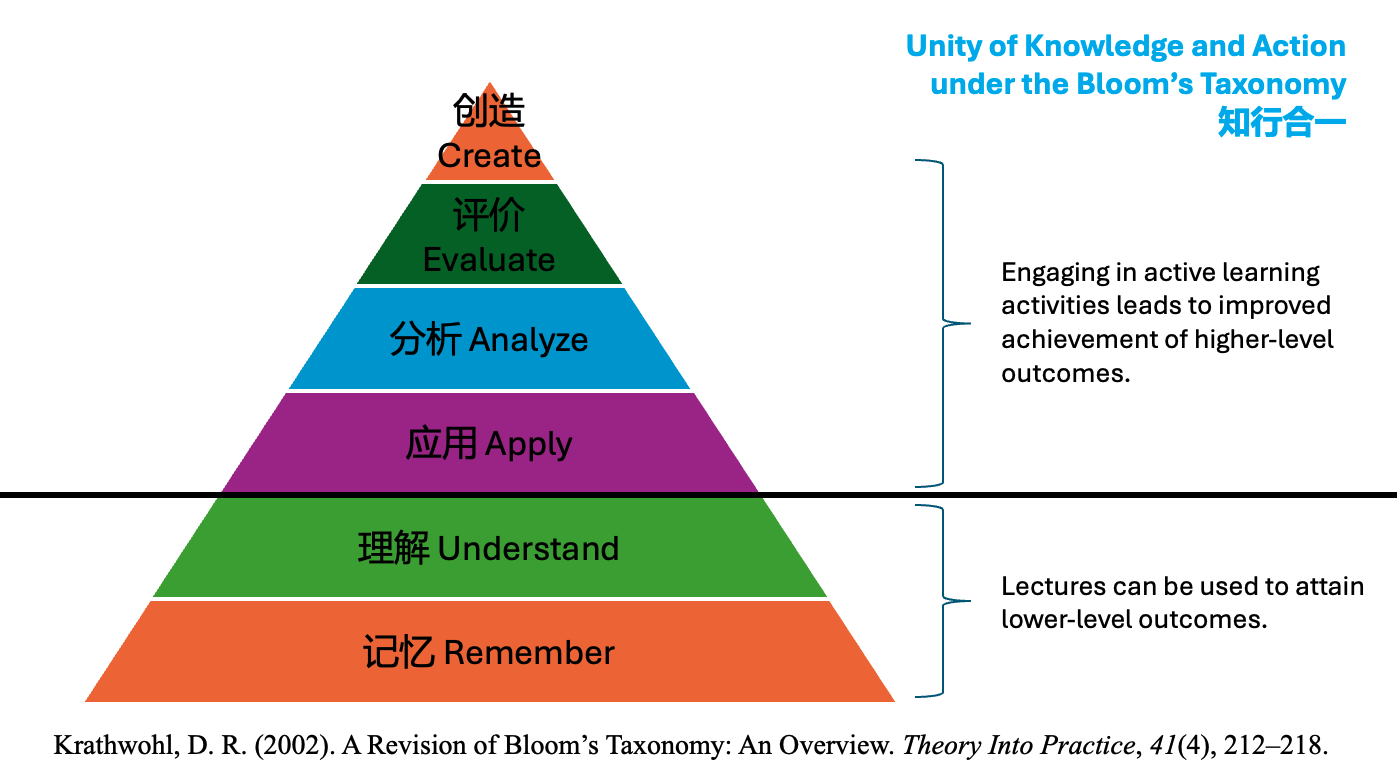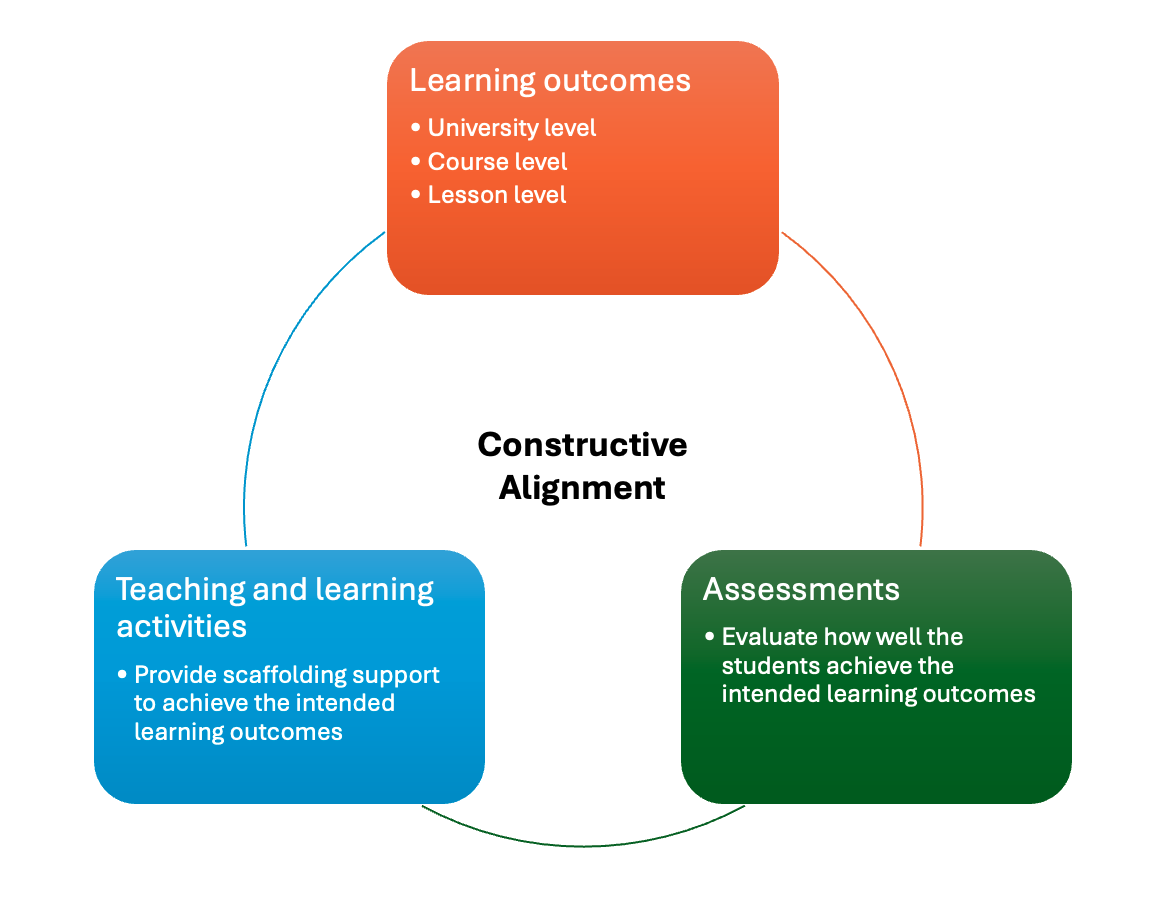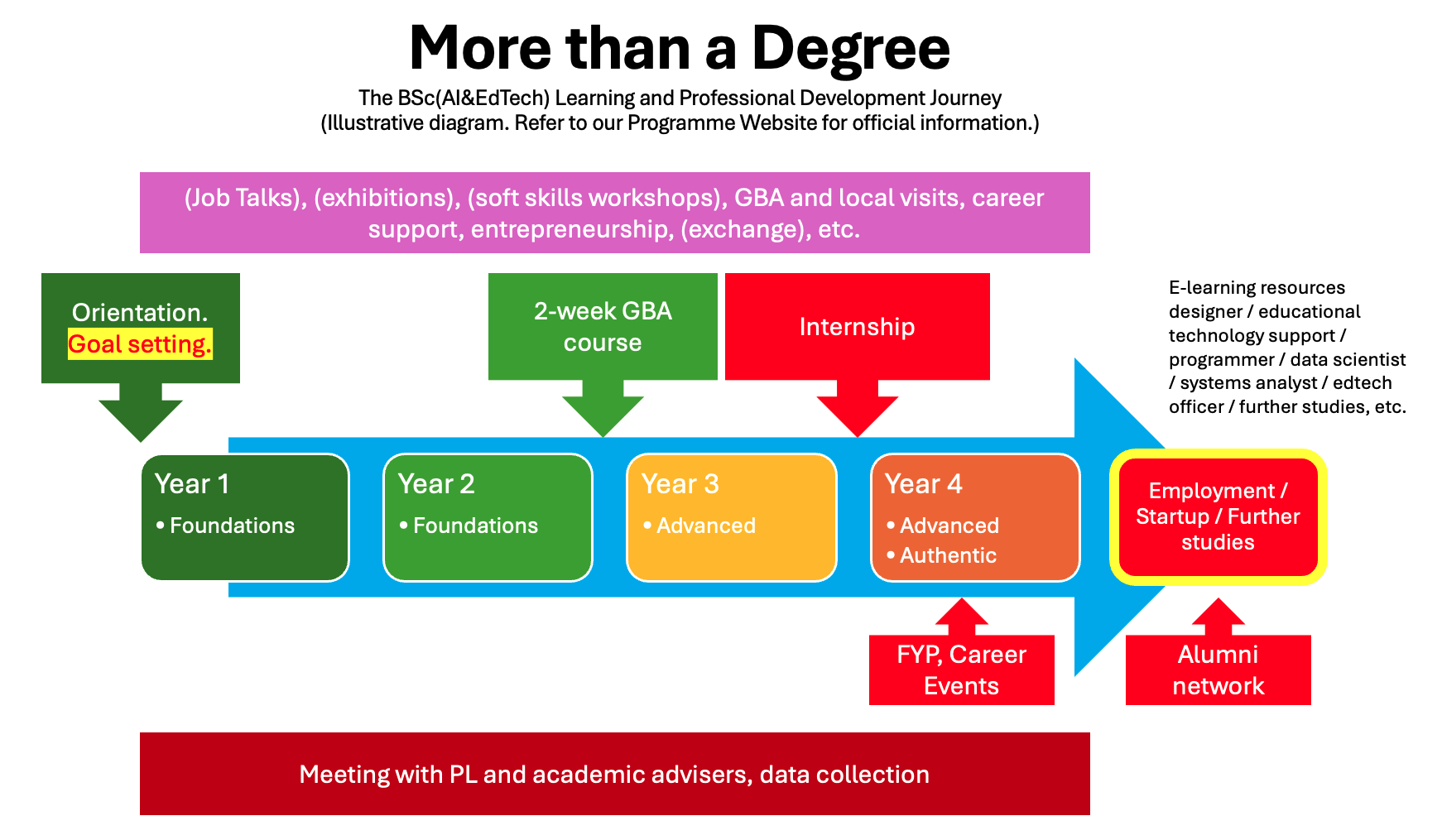I am a professional teacher with a passion for blending traditional teaching methods with innovative approaches, especially in the context of technology-enhanced learning. My academic journey has taken me from studying theoretical and computational physics at HKUST to pursuing an Ed.D. at the University of Bristol, where I specialized in flipped classroom models. Since 2022, I have been teaching at The Education University of Hong Kong (EdUHK), focusing on AI and general education.
Before joining EdUHK, I had the privilege of teaching in higher education since 2004, covering areas such as physical science, information technology, statistics, and research methods. Throughout my career, I have always believed that effective learning comes from a thoughtful balance between structured lectures and active, student-centered activities—especially when supported by technology. I try to bring this philosophy into every class I teach, whether it's about AI, coding, or general education.
I also enjoy engaging in educational research, particularly in areas like flipped learning, blended learning, coding education, and STEM education. I find it rewarding to explore how technology can be used to support learning and to think about the best ways to design and implement educational strategies that are both effective and inclusive.
In my teaching, I aim to be approachable, supportive, and encouraging. I believe that teachers should not only impart knowledge but also inspire curiosity and help students develop critical thinking and problem-solving skills. I try to make my classes engaging through discussions, hands-on projects, and the use of AI tools to enhance learning. For example, I’ve used AI chatbots to support students with writing tasks and curated resources to help them better understand AI tools. My annotated list of AI tools provides a curated collection of resources designed to support teaching, learning, and research, with a particular focus on generative AI applications in educational contexts. The list includes tools for content creation, assessment, feedback, and collaboration, along with guidance on their pedagogical uses and considerations for ethical implementation.
I am grateful for the opportunity to work with students and colleagues who are passionate about learning and innovation. I hope to continue growing as an educator and researcher, always striving to improve my practice and contribute positively to the field of education.


